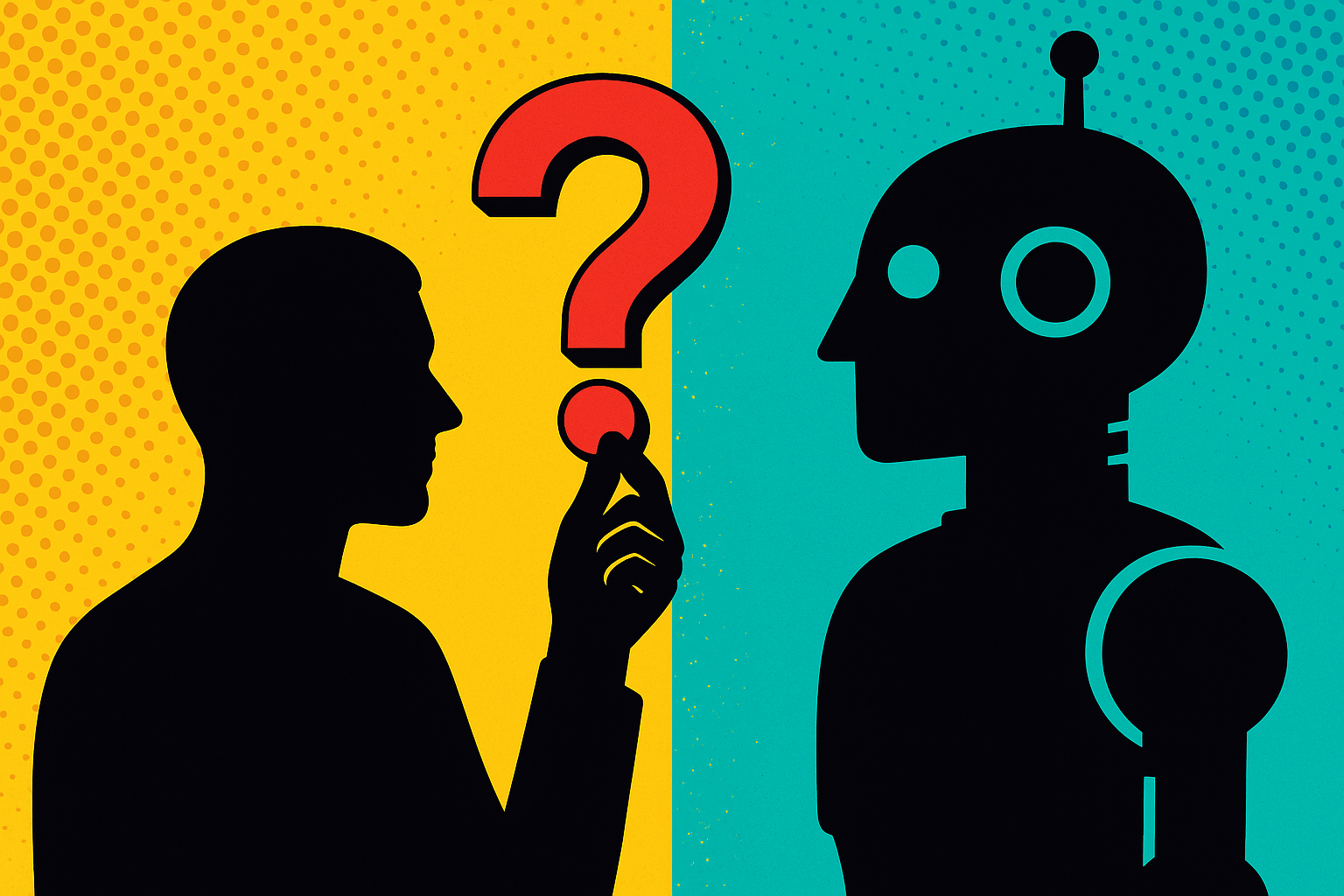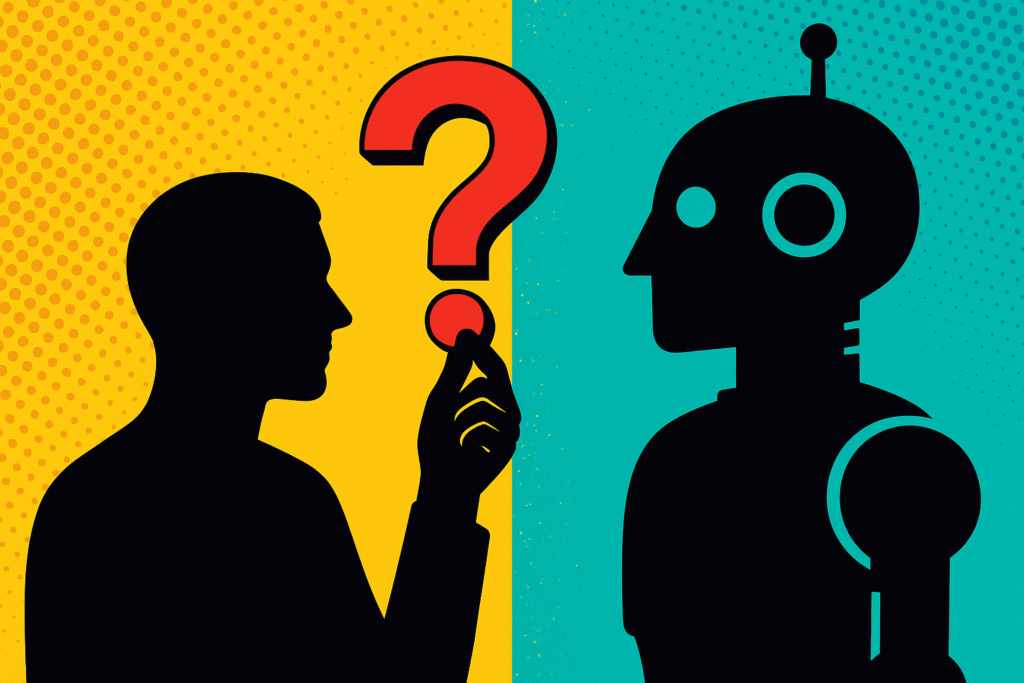
“AI is really the revenge of the English major,” said Teresa Barreira, CMO of digital consultancy Publicis Sapient. “You don’t have to have a computer science degree anymore.”
That’s because the AI conversation in marketing needs to move beyond tools and toward talent. As machines take on more heavy lifting, the real advantage lies in sharpening the skills AI can’t replicate.
In a world where humans are no longer the primary holders of information, intelligence will be defined less by having answers and more by asking the right questions. Critical thinking may soon outrank coding as a core career skill — giving liberal arts majors a ready answer to the old question, “What are you going to do with that degree?”
Barreira believes marketing organizations should invest in three human capabilities that technology can’t replace: curiosity, plasticity and leadership.
Curiosity
AI can detect patterns and surface data but can’t ask “why.” That’s why Barreira has built a “culture of explorers” on her team — a deliberate focus on creating opportunities to grow, stretch skills and experiment.
“How do you teach curiosity and embed it into everything you do?” she said. “One of the things I’m already doing with my team is building a culture of explorers, where we create opportunities for people to grow, stretch their skills and explore.”
Dig deeper: Customer immersion reveals what dashboards never will
Building that culture means creating space to experiment, share failures and prioritize lessons learned over polished success stories. Barreira has implemented an annual explorer’s lab, where all work is paused for three days, people are put into teams and given a problem to solve. It’s a “show your work” exercise that lets people see how teams approached the problem.
There are also regular “Failing Fridays” to celebrate lessons learned, with awards for experiments that didn’t work as planned.
Plasticity
Adaptability reacts to change, while plasticity anticipates it. It’sPlasticity is the discipline of reshaping thinking proactively — testing strategies, learning from emerging data and building change into the system so pivots feel like progress, not panic.
Dig deeper: Why good marketers think in probabilities, not certainties
“We live in an age where I don’t know what’s going to happen tomorrow, but I’m telling you it’ll be different,” she said. “So how do you teach that? I like plasticity more than adaptability because plasticity is not forced on you; you have to do it, whereas adaptability is usually because something happened, you have to adapt. But how do we constantly adapt without knowing that we have to adapt?”
In marketing, this means continually reassessing strategies, testing new approaches, and learning from emerging data before a pivot is necessary.
Leadership
In the AI era, leadership is less about having more information than your team and more about guiding with vision and influence. Barreira argues that leadership behaviors can and should be taught — moving beyond authority to inspire, align and empower.
“There’s a difference between leadership and being a leader,” Barreira said. “Leadership can be taught because it’s about behaviors. You don’t have to be a leader to understand leadership. In the AI era, it will be less about authority and more about influence.”
Her message is clear: the marketers who thrive won’t be the ones with the flashiest AI stack, but those who double down on human strengths — asking better questions, reshaping themselves for what’s next, and leading with purpose. As AI handles more of the execution, the human edge will come from the ability to imagine, anticipate and inspire.
The post Why the AI era could be the revenge of the English major appeared first on MarTech.
Go to Source
Author: Constantine von Hoffman

